
Getting a medical marijuana card can be life-changing for many people; however, it does come with limitations. Although it provides you with legal permission to use marijuana products for medical purposes, there are some legal downsides to getting a medical marijuana card, including travel restrictions, employment restrictions, and firearm restrictions. Understanding the cons of having a medical marijuana card can help you make an informed decision and avoid legal consequences if you decide to get a card. In this article, we’ll break down the legal risks of using a medical marijuana card to purchase and consume marijuana products and explore...
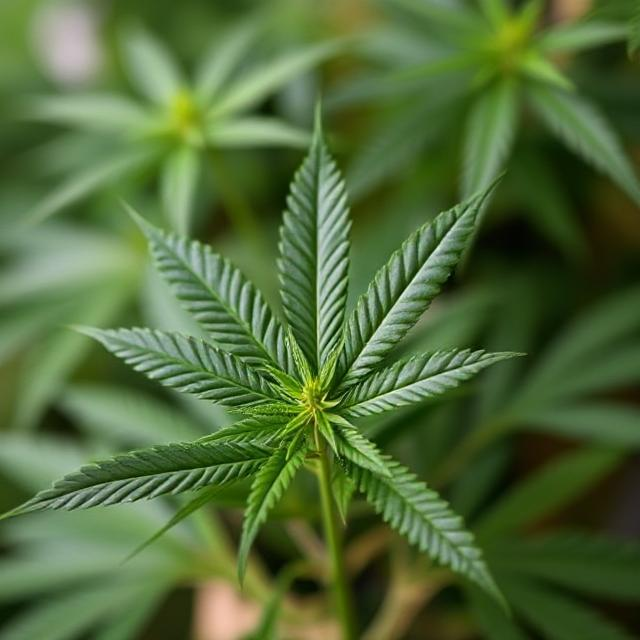
In Georgia, medical marijuana consumption is now legal for individuals suffering from certain health conditions. To access medical marijuana products, those who qualify need to apply for a medical marijuana...
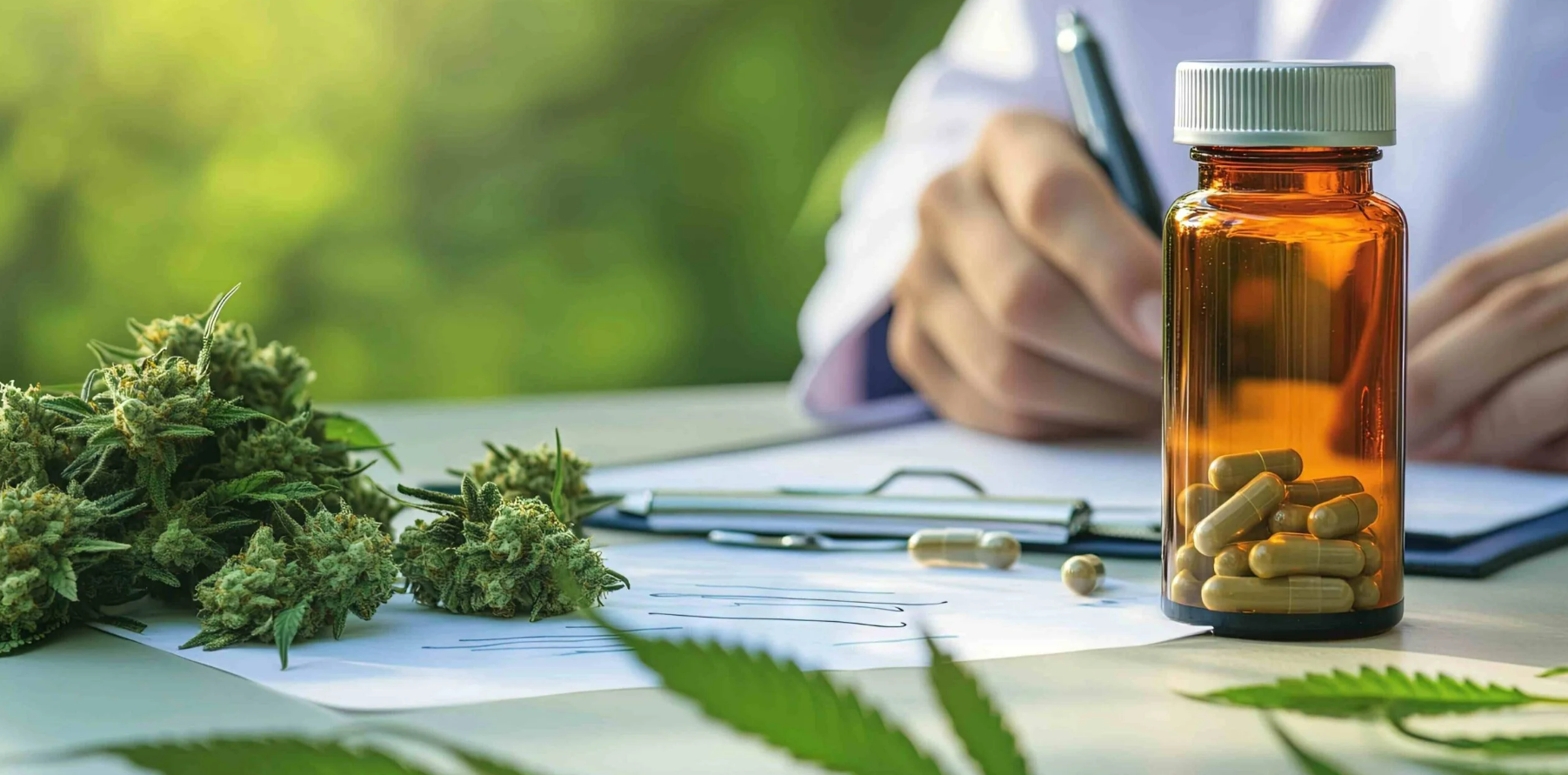
Finding a trustworthy doctor to help you get a medical marijuana card is an important process that requires time, effort, and research. Medical marijuana laws vary from state to state, and not all doctors are trained to help you navigate the process. This blog will take you through the steps to finding the right doctor who can help you obtain a medical marijuana card while making sure medical marijuana is safe and beneficial for your health condition. What is a Medical Marijuana Doctor? A medical marijuana doctor is a fully licensed physician who can recommend marijuana as a form of...
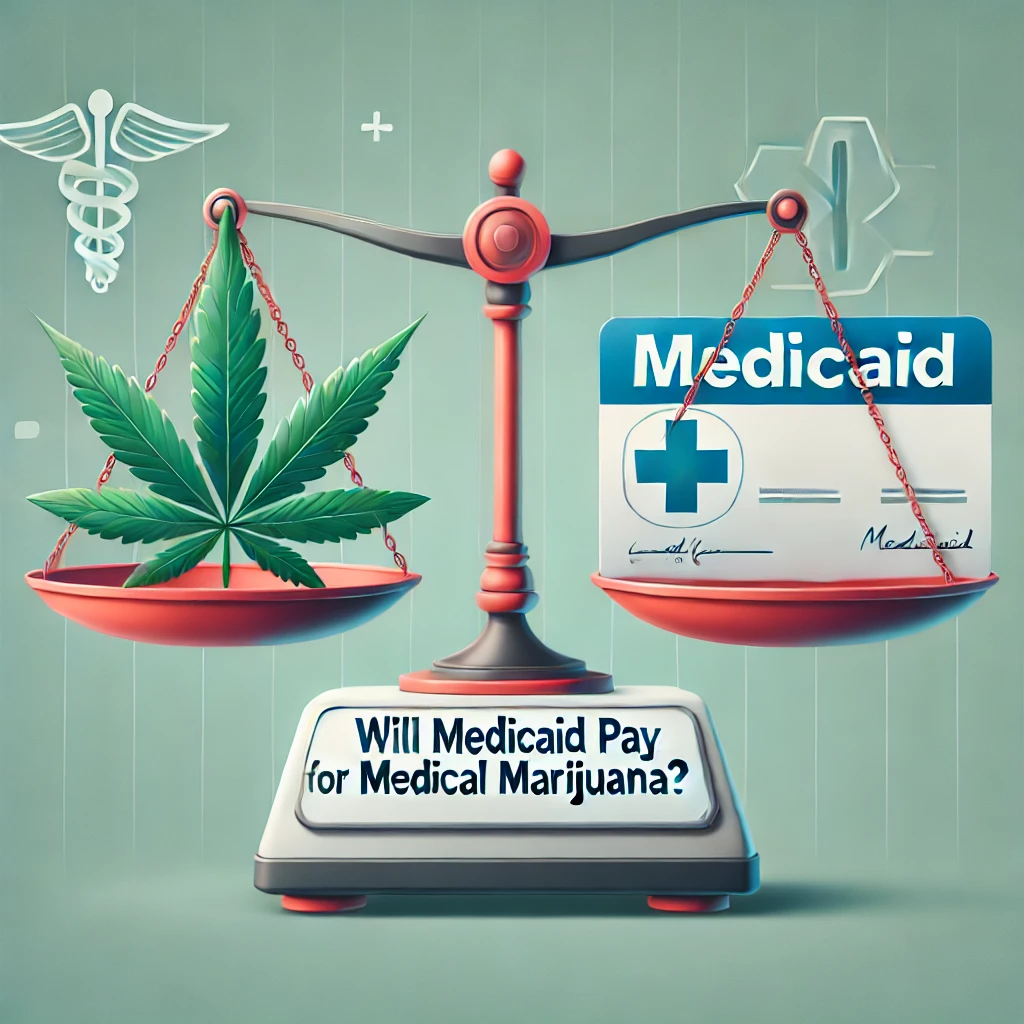
Medicaid is a joint state and federal program that helps people cover some medical costs. It is designed to help people with limited incomes have access to the healthcare they need. However, there’s a lot of confusion regarding whether medical marijuana will be covered under Medicaid or not. Let’s explore the relationship between medical marijuana and Medicaid in depth. Is Medical Marijuana Legal? Whether or not marijuana is legal depends on your state’s rules and regulations. In some states, you can treat certain health conditions like Alzheimer’s disease, HIV/AIDS, epilepsy, and seizures using medical marijuana. However, in some states, you...

The rules about marijuana in Georgia are constantly changing. However, a patient with an active medical marijuana card can legally buy up to 20 fluid ounces of low-THC Oil. However, they must be certified by a physician and have one or more qualifying conditions, including seizures, terminal cancers, Parkinson’s disease, and post-traumatic stress disorder. In this blog, we will discuss the requirements for getting a medical marijuana card and the qualifying conditions. Is Medical Marijuana Legal In Georgia in 2025? Yes. In 2015, the Georgia General Assembly passed House Bill 324, also known as the Haleigh’s Hope Act, which Gov....

If you are considering applying for a medical marijuana card in Georgia, you will have to fulfill the state’s residency criteria. According to state law, you must be a Georgia resident to purchase marijuana legally. This blog outlines the residency requirements in Georgia and whether you can use a medical marijuana card in other states. What is a Medical Marijuana Card? A medical marijuana card is a state-issued card that allows the legal purchase of marijuana for medical purposes. To obtain a low THC card in Georgia, you must be diagnosed with at least one of the qualifying medical conditions...
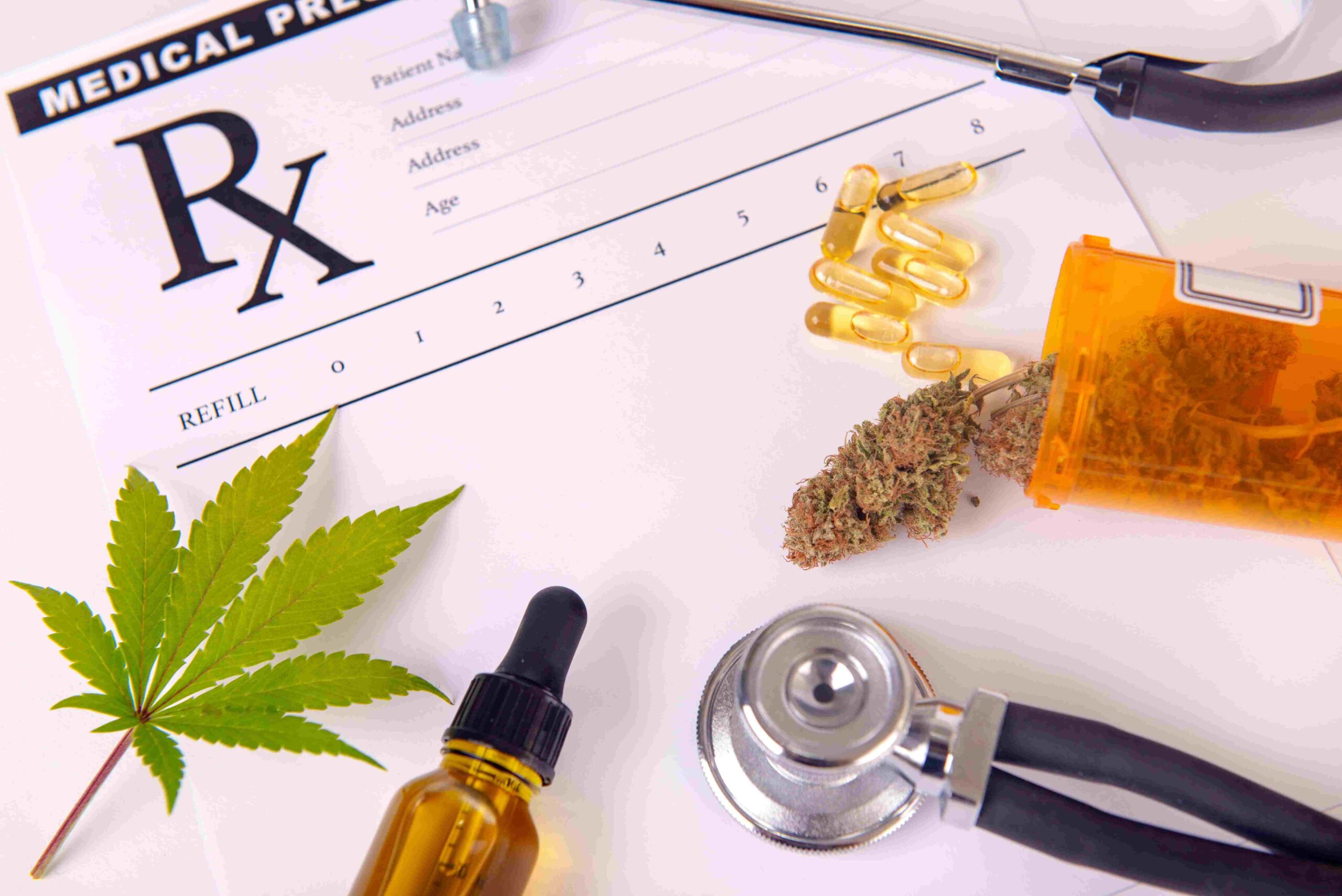
Obtaining a medical marijuana card in Georgia is a straightforward process. To qualify for a Low THC Oil Registry card, you’ll need to follow a few simple steps. In this guide, we’ll walk you through everything you need to know—from understanding what a medical marijuana card entails and how it works to the qualifying medical conditions that make you eligible. What is a Medical Marijuana Card? A medical marijuana card serves as a piece of identification that legally allows individuals with qualifying medical conditions to purchase and use specific marijuana products. In Georgia, this card permits access to low-THC oil...
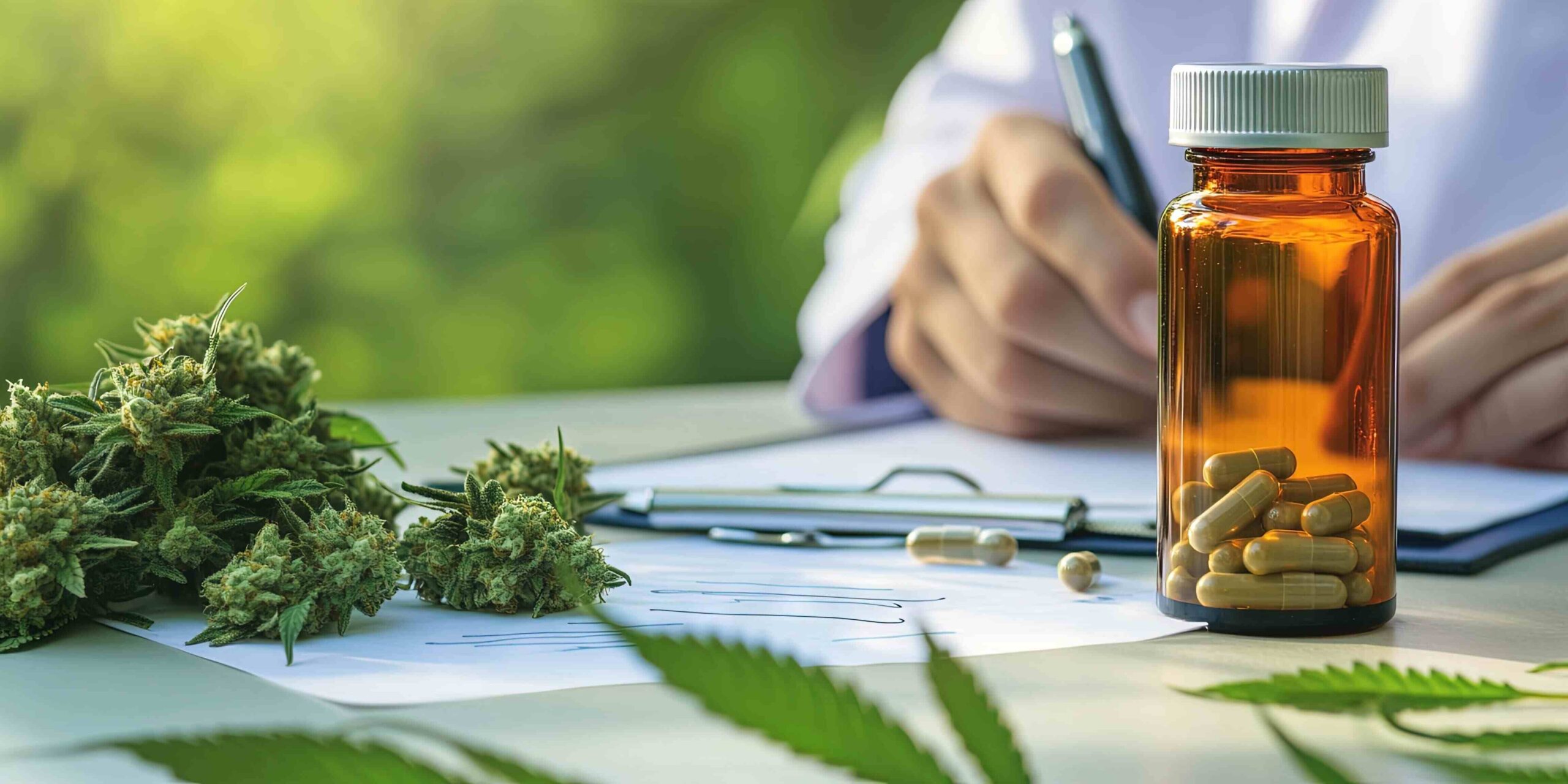
Medical marijuana can provide relief from a variety of health issues. However, in most states, you need to be at least 18 years old to get access to medical marijuana. With a medical marijuana card, you can get access to medical marijuana to treat your health condition. In this article, we will cover qualifying conditions and age requirements for medical marijuana. Understanding Medical Marijuana Cards A medical marijuana card is issued by your state’s Department of Public Health. It certifies you to possess certain amounts of low-THC products. Sometimes, it is referred to as medical marijuana (MMJ) or medical marijuana...

Follow Us on Social Media
All Rights Reserved Elevated MD © 2024 Developed By Visual Asset Production
Locations Served
Resources
Subscribe to Our Newsletter